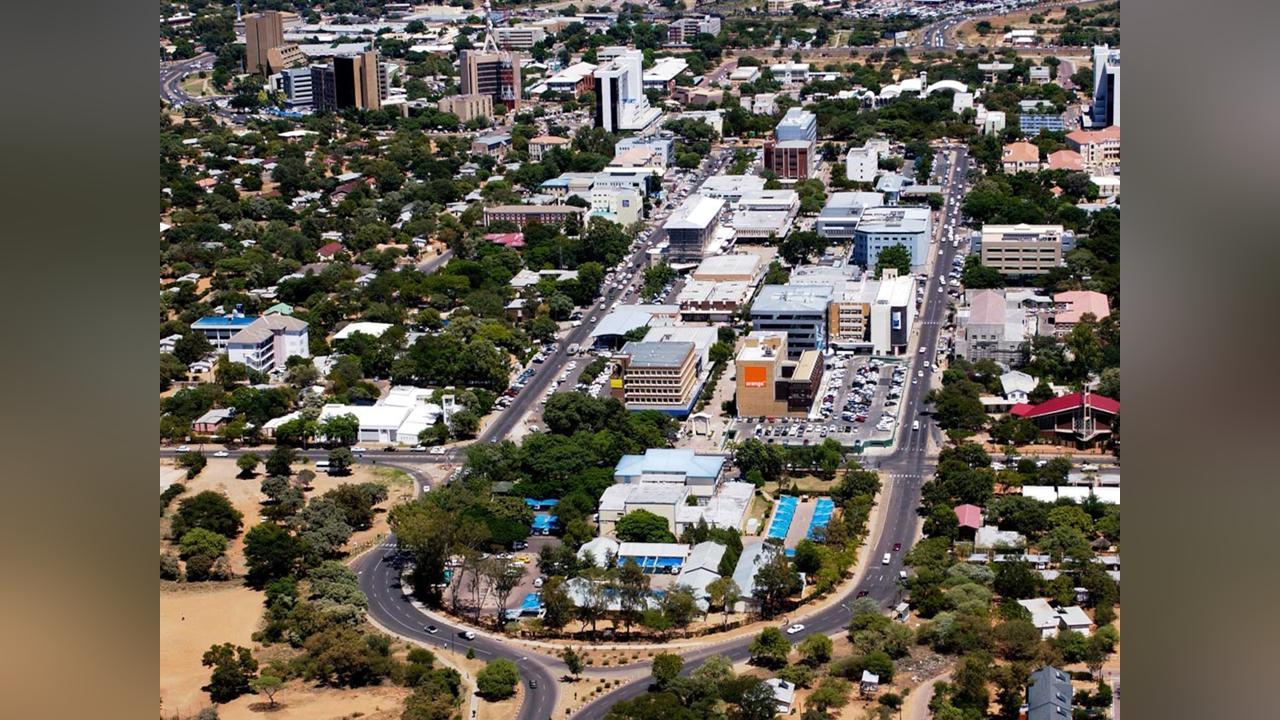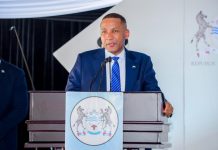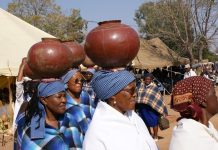Africa-Press – Botswana. There is no doubt on the dangers to human life of many of the roads in the north of the country.The road from Francistown to Letlhakane is in a state of disrepair.
The road between Francistown and Nata is terrible. And worse is that stretch between Nata and Maun as is that between Nata and Kasane. There is not a week that passes without a family burying a loved one who would have perished in one of these roads, on account, not of driver causes, but the state of the road. Often the public outrage will follow the accident, but only when the accident is so tragic that many lives would have perished.
After a few days such anger subsides, but that does not mean people stop dying. And actually more people continue to silently die as a result of the roads. Human life is the biggest and most visible cost caused by these roads. But it is not the only. There is also the economic cost. Botswana is losing a lot in these roads. These roads lead to the biggest tourist enclaves of the country.
And the longer it takes to get the roads back in order, the higher the economic toll. A few years ago a promise was made by Botswana government that China would supply loans to get those roads back in good conditions. But progress has been stymied, chiefly by the pandemic but also by haggling over the real costs of these loans between China and Botswana.
This newspaper is not a great fan of getting money from China firstly because of the opaque nature of Chinese loans. And secondly because of what we have seen happening to other countries that defaulted in their payments to China. It is a fallacy to believe that Chinese loans are cheaper.
China, like the rest of the world is holding Africa to higher standards when it comes to finance. The hidden costs of Chinese finance have been laid bare in recent years. What has happened on the ground, especially in Africa and also in Central Asia, has sufficiently proved the vulnerabilities of those countries that have received the Chinese loans.
Authorities like to say that Botswana’s debt remains low. They are right but only in so far as they are talking about the statutory threshold of debt as a ratio or percentage of GDP. But that statutory percentage, we must always remind ourselves means nothing if it does not take into consideration the real ability to pay back the debt.
Botswana Government’s ability to pay debts has been declining, even as its eligibility to borrow has been growing on account of the fact that several debts have been retiring and also the GDP growing. The cost of infrastructure is getting too astronomical for Botswana, mainly because of a combination of factors like corruption, poor maintenance and poor supervision of contractors. it has taken too long to get the situation under control. It will get more acute and even untenable with time. There is a growing financing gap that is directly affecting the state of infrastructure in Botswana. That gap has to be addressed as a matter of fact.
Botswana Government used to have a lot of cash that allowed it to de-risk projects by way of investing in them first before going into the market to solicit additional funding. That ability has been drastically reduced. We should as a country get the roads in order while we still can.
sundaystandard
For More News And Analysis About Botswana Follow Africa-Press






